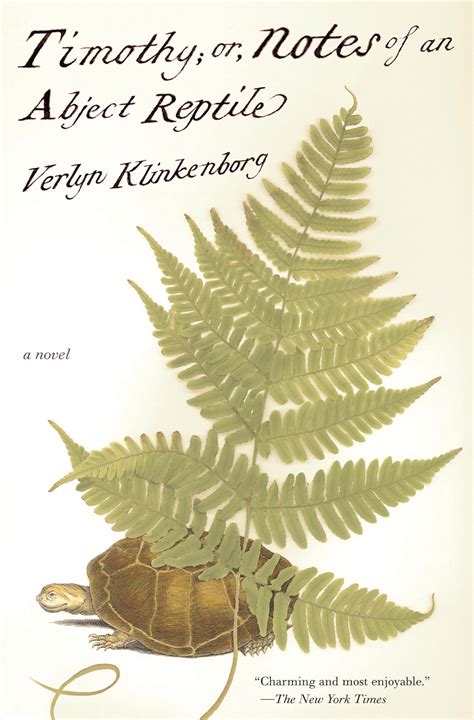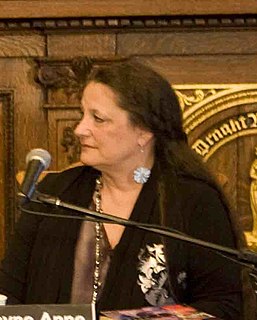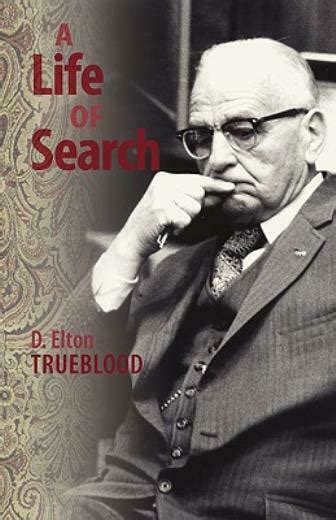A Quote by Gretel Ehrlich
Gary Snyder's The Practice of the Wild is an exquisite, far-sighted articulation of what freedom, wildness, goodness, and grace mean, using the lessons of the planet to teach us how to live.
Related Quotes
In short, all good things are wild and free. There is something in a strain of music, whether produced by an instrument or by thehuman voice,--take the sound of a bugle in a summer night, for instance,--which by its wildness, to speak without satire, reminds me of the cries emitted by wild beasts in their native forests. It is so much of their wildness as I can understand. Give me for my friends and neighbors wild men, not tame ones. The wildness of the savage is but a faint symbol of the awful ferity with which good men and lovers meet.
To begin depriving death of its greatest advantage over us, let us adopt a way clean contrary to that common one; let us deprive death of its strangeness, let us frequent it, let us get used to it; let us have nothing more often in mind than death... We do not know where death awaits us: so let us wait for it everywhere." "To practice death is to practice freedom. A man who has learned how to die has unlearned how to be a slave.
The eyes of the future are looking back at us and they are praying for us to see beyond our own time. They are kneeling with hands clasped that we might act with restraint, that we might leave room for the life that is destined to come. To protect what is wild is to protect what is gentle. Perhaps the wilderness we fear is the pause between our own heartbeats, the silent space that says we live only by grace. Wilderness lives by this same grace. Wild mercy is in our hands.
So often we talk about saving the planet, but what we really mean is to save the planet the way it is, so we can live here. So that is can sustain us. Because the planet doesn't need to be saved. It doesn't care if all the squirrels, elephants, and trees die and there's just a couple of amoebas floating around at the poles.




































